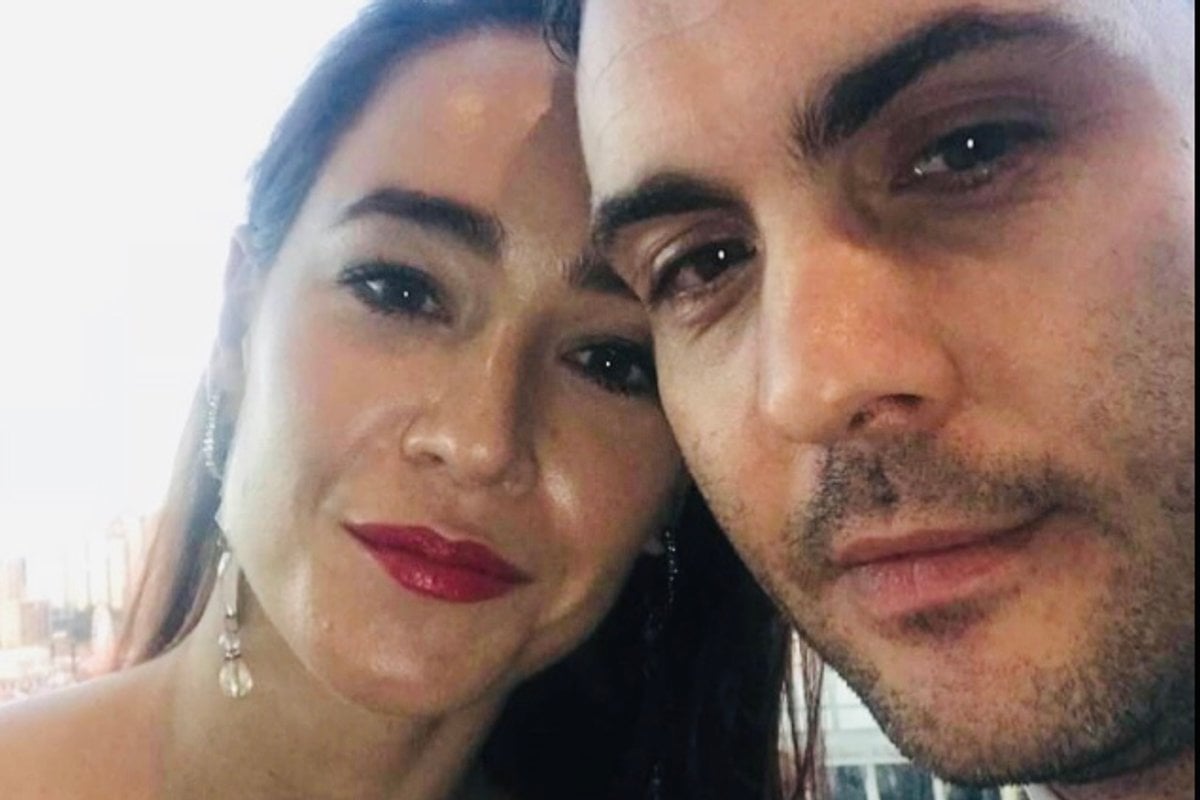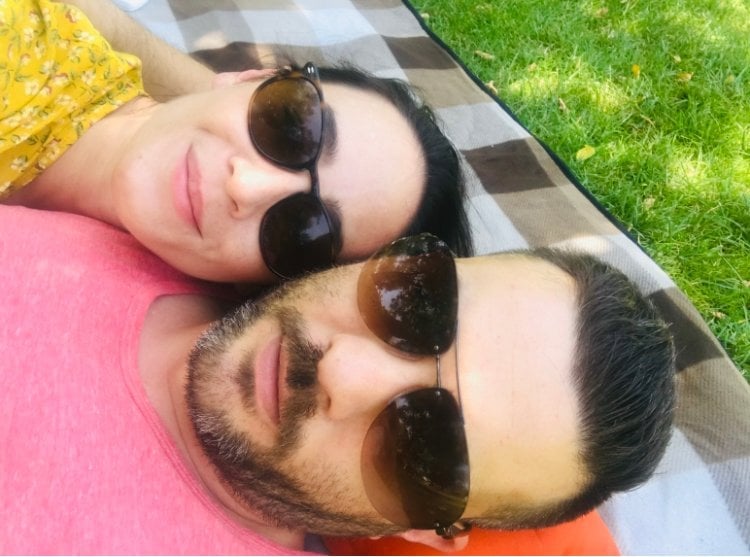
This post deals with pregnancy loss and might be triggering for some readers.
We were sitting opposite one another in the hospital cafeteria. Tears were streaming down my face, but for once, I didn’t care who noticed, or what they thought. My husband was his usual stoic self, although internally, he was equally as shattered as I was.
Glancing around, my grief turned to anger. There, sitting just a few feet away from us, were two enormous baskets; one contained a pale pink teddy bear, the other, a blue one.
Why on earth would they display them here? Sure, there were lots of ecstatic couples, clutching black and white photographs (bound for pride of place on the fridge), of their healthy, unborn child.
But we were in possession of no such image. It was as if the soft toys were mocking us, rubbing salt into our fresh, open wounds. Our worst fears had just been confirmed – we were never going to be parents.
To say that the last few months have been challenging would be a gross understatement.
Here are some of the things I have learnt from my own fertility journey.
Watch: Facts on fertility. Post continues after video.


Top Comments